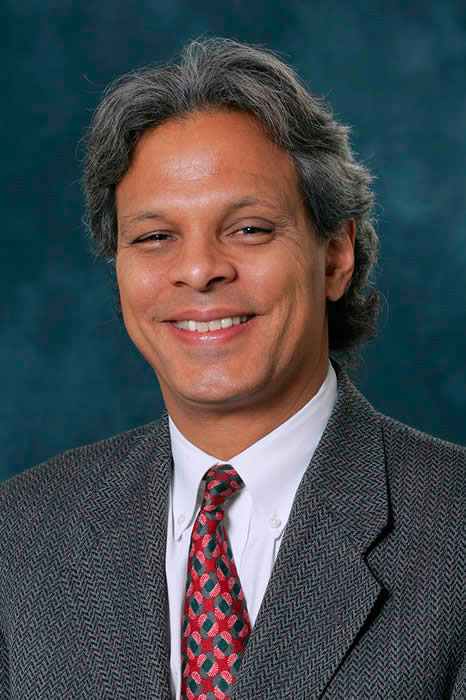
Overcoming Misconceptions
Eduardo Sanchez, MD, MPH, FAAFP, serves as the American Heart Association’s (AHA) chief medical officer for prevention. Prior to joining AHA, Sanchez served as vice president and chief medical officer for BlueCross BlueShield of Texas and, before that, as director of the Institute for Health Policy at the University of Texas School of Public Health. From 2001 to 2006, he served as state health officer of Texas, where he led the consolidation of public health, mental health and substance abuse agencies into one single agency: the Texas Department of State Health Services.
Sanchez currently serves on the boards of a number of nonprofit organizations, including AcademyHealth, Trust for America’s Health and the Public Health Institute. He chairs the Texas Public Health Institute and serves
on the Institute of Medicine Roundtable on Obesity Solutions. A board-certified family physician, he received his medical degree from the University of Texas Southwestern Medical School.
ACE: In your personal opinion, what has been the most detrimental effect of the obesity epidemic on our society?
Eduardo Sanchez: The most detrimental effect of the obesity epidemic is the increase in conditions like high blood pressure and diabetes because of obesity in children, youth and adults. Hypertension and diabetes increase the likelihood of heart attacks, strokes, and end-stage kidney disease that requires dialysis or transplant. Obesity has a devastating effect on the health of affected individuals.
ACE: Why do you feel eliminating childhood obesity is especially important to the future of our society in terms of health, cost and productivity?
Eduardo Sanchez: Childhood obesity is associated not only with childhood hypertension and type 2 diabetes but also with being bullied and with an increased risk of adult obesity and its associated medical conditions. Preventing and reversing childhood obesity leads to more fit kids, and fit kids seem to perform better in the classroom. Obese adults, in addition to having issues like high blood pressure and diabetes to deal with, seem to be less productive in the workplace. Lower worker productivity lowers economic competitiveness.
ACE: What responsibility—if any— do you feel state governments play in the health of their residents?
Eduardo Sanchez: State, local and federal governments have a responsibility to protect and preserve the health and safety of their residents. State legislatures have a responsibility to pass laws and appropriate funds that are necessary for the public’s health. State agencies like health departments are responsible for enacting laws and implementing programs. The executive branch, through the governor’s office or the health agency, can help convene stakeholders and facilitate public-private cooperation and collaboration to protect, preserve and improve health.
ACE: What misconceptions—if any— do you believe our society has about people who may be struggling with their weight or finding it hard to adopt healthy
habits? Why is it important for us to overcome those misconceptions?
Eduardo Sanchez: The most troubling misconceptions are the ones that lead some in society to believe that obesity is exclusively a matter of personal choice and responsibility. That misconception contributes to the stigma that obese persons experience. Life circumstances, neighborhood conditions, and policies and programs in schools and in the workplace can be important factors that contribute to or protect from obesity. Strategies aimed at helping individuals and populations must take these factors into account if obesity prevention and reversal are to succeed.
ACE: In what ways do you feel healthcare providers and health and fitness professionals can improve on their efforts to reach people impacted by obesity and lead them to long-term, healthy change?
Eduardo Sanchez: First and foremost, health and fitness professionals and other healthcare professionals have to recognize their own biases and misconceptions. They have to provide science-based counsel and care to obese persons in a culturally sensitive, nonjudgmental manner. Last, they have to understand the policy, place-based systems and environmental approaches that have beneficial obesity-preventing and -reducing effects, and they must work to make those approaches a reality.